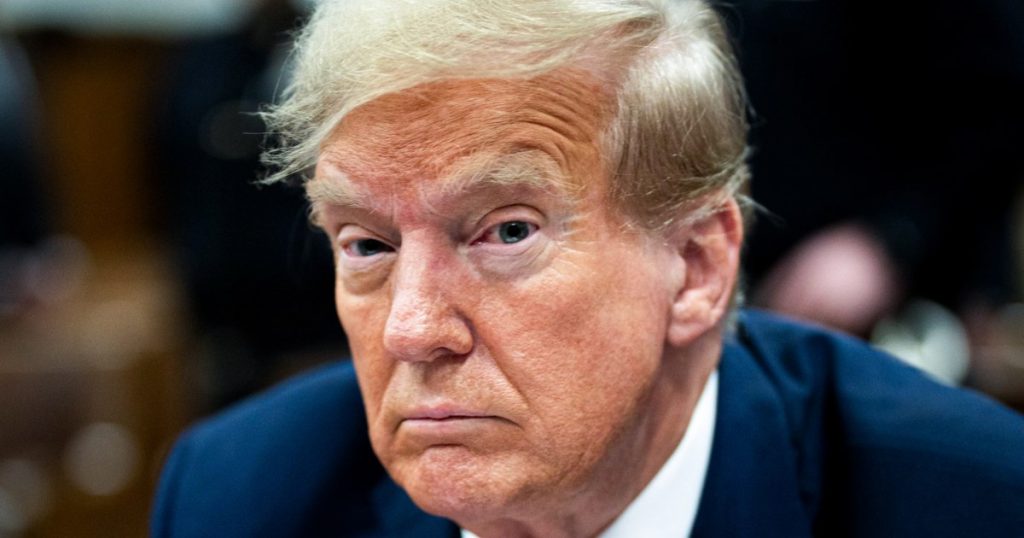Former President Donald Trump may secure a victory in his upcoming Supreme Court case on presidential immunity even if the justices reject his most extreme arguments. The case revolves around criminal charges related to Trump’s attempt to overturn the 2020 election results. If the court rules against Trump’s broad immunity claim, it could still send the case back for further proceedings on whether some of his actions are shielded from prosecution. Such a decision would likely delay the trial, leading to uncertainties about its timing before the November election.
The charges against Trump stem from his involvement in a scheme to submit fake election certificates to Congress in an effort to invalidate Joe Biden’s victory. Prosecutors argue that Trump’s actions constitute multiple criminal offenses, including obstruction of an official proceeding and conspiracy to defraud the United States. Trump maintains that he was expressing concerns about election fraud, despite lacking evidence. The legal issues in this case, separate from a New York criminal trial, could have significant implications for Trump’s future political prospects.
Legal experts believe that Trump has already achieved some measure of success by preventing the Supreme Court from intervening in the case at an earlier stage, making it less likely that a trial will occur before the election. The court’s handling of the case suggests that it may not issue a sweeping ruling against Trump, indicating a more nuanced approach to the question of presidential immunity. Special counsel Jack Smith has argued that Trump is not immune from prosecution and that the trial should proceed promptly, regardless of any potential immunity for official acts.
Smith’s latest brief outlines a scenario where the trial could move forward while addressing concerns about evidence related to Trump’s official duties. The prosecution contends that Trump’s official actions were intended to advance his personal goals, such as staying in office after losing an election. Trump’s defense seeks broad immunity inspired by a 1982 Supreme Court ruling, Nixon v. Fitzgerald, which shielded presidents from civil suits related to official duties. The possibility of a remand is also raised in Trump’s brief, suggesting a pretrial proceeding to determine the extent of protected official acts.
The timing of the case is critical, with the possibility of a trial before the election becoming increasingly uncertain. Delays stemming from the potential remand and further litigation on immunity could push the trial start date to late September at the earliest. Judge Tanya Chutkan, who put the case on hold pending a Supreme Court ruling, has indicated that a trial could begin three months after the case is returned to her. While a pre-election trial remains theoretically possible, the window for such a scenario is closing. Trump could appeal any adverse ruling, further extending the legal process and casting doubt on the trial timeline before the election.













